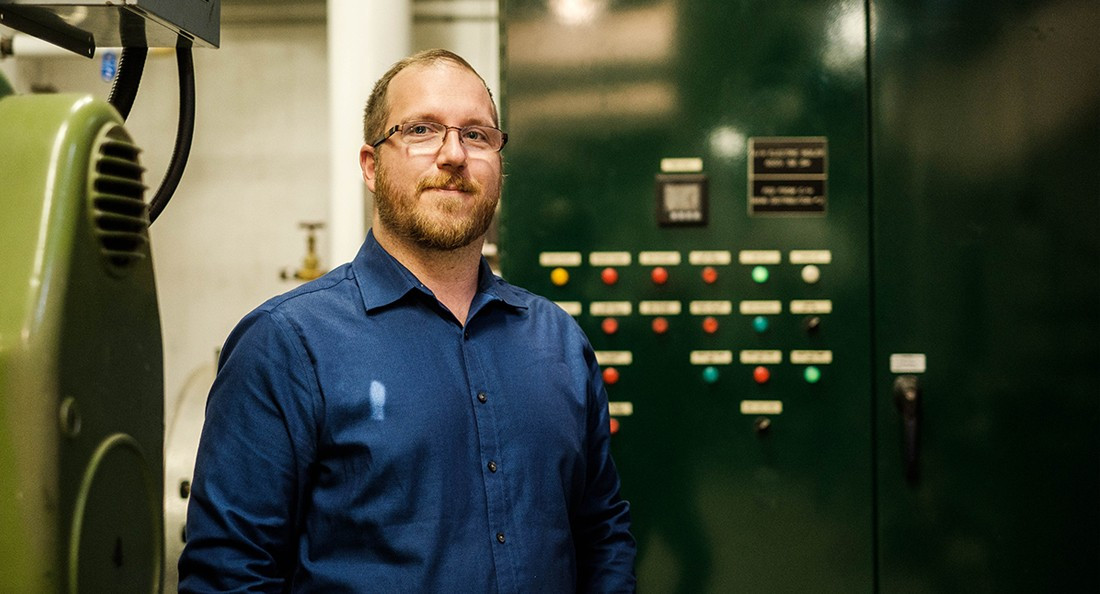U of W to receive two biomass boilers
Two new 100 kWh biomass boilers will be installed at the University of Winnipeg (U of W) this year.
The boilers are expected to arrive between late November and early December, but installation will take place between December of this year and January of 2018. They will be housed in the basement of Ashdown Hall but will also affect Manitoba Hall and Lockhart Hall.
The project is a result of a partnership with Manitoba Hydro. The goal of the project, according to Kyle Macdonald, director of energy management and special projects at the U of W, is to bring the university closer to reaching the five per cent renewable energy target, as outlined in the University of Winnipeg’s 2017 Sustainability Strategy.
The boiler installation is projected to help the university reach over halfway to the desired target, Macdonald says. The boilers are expected to add to, but not completely replace, the university’s current steam-reliant system.
There are currently no installations like this in downtown Winnipeg, something Macdonald says he’s hoping to change.
“We use natural gas primarily for heating, and that’s done through our steam plant and our hot water systems in other buildings. We also use a lot of electricity for heat, so one of the driving factors behind this project is we know that electricity is going up … so we’re looking at alternative fuels to add into the mix of things,” Macdonald says.
Biomass boilers burn pellet fuel, which is typically made from woodgrain products - a contrast to the mix of fuels currently used on campus.
“By partnering with Manitoba Hydro, we’re going to hopefully be able to educate people, show people that this type of fuel can work in a downtown environment,” he says. “People have concerns about emissions and smells and all that sort of thing from wood, but with how efficient these boilers are, it’s not going to be an issue.”
Trevor Sims, the senior renewable energy engineer at Manitoba Hydro, explains that with an efficient boiler, there shouldn’t be strong odours from the pellet fuel.
“If a boiler is very efficient, it uses all the fuel completely,” Sims says. “It breaks it down into elements, so what comes out is water vapour, carbon dioxide and ash. If it’s inefficient, there will be other things that come out of it, like partially burned substances, but these are efficient and they consume 80 to 85 per cent of the products going in.”
According to Dave Torz, the chief power engineer for the U of W, the efficiency of the boilers will help keep costs low for the U of W. Annual savings are estimated at 812,000 kWh of electricity, Sims says.
Manitoba Hydro will also be partaking in some cost sharing with the U of W.
Sims adds that there’s also a positive business goal for the university, where it would help pay off some of their capital depending on how the pellets are sourced. To keep upkeep costs low, the pellets will be sourced from waste wood to begin with.
“We’re going to be sourcing it locally, within a hundred kilometres,” Macdonald says.
“Then we’re going to look at how we can use agricultural products, which there is an abundance of in Manitoba,” he adds.
74 per cent of the energy consumed in Manitoba is imported and non-renewable according to Manitoba Hydro. Most of that is natural gas, which originates primarily from Alberta.
Published in Volume 72, Number 8 of The Uniter (November 2, 2017)







